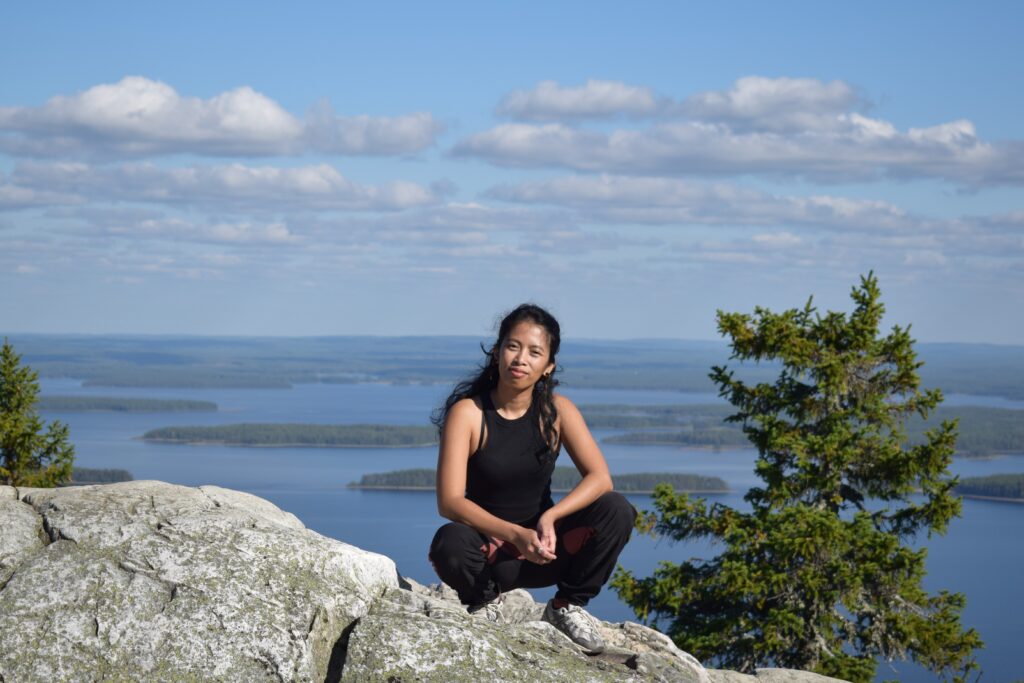Student blog: “Sustainability is not a luxury; it is a basic human right.”
Alexandra Huhta’s student blog text from Master’s degree programme of Sustainability Leadership.

“Sustainability is not a luxury; it is a basic human right.” This quote by Jim McClelland, which I came across in one of the peer-reviewed articles I read during my master’s studies, has stayed with me ever since and continuously influences how I approach sustainability today.
My name is Alexandra Huhta, and I have a background in Business Economics and International Business. Throughout my studies, I became increasingly aware of how deeply business operations affect the environment and society. My education placed a strong emphasis on sustainable practices. In fact, my bachelor’s thesis explored the concept of a sustainable working environment by examining the feasibility and perceptions of a four-day workweek among younger generations (2024).
I decided to pursue a master’s degree in Sustainability Leadership to continue learning and deepening my understanding of sustainability. The program covers a wide range of sustainability topics, including society, the environment, and the economy. What really got me interested was the circular economy, and I started diving deeper into it by joining the UEF CECE morning coffee sessions. Every Wednesday, researchers from different universities give short presentations where they share real findings and data from their research. These sessions have been a great way for me to learn practical, evidence-based insights that I’ve been able to apply to my research outputs. The circular economy’s main goal is to close the material loop by shifting business operations from a linear model (take-make-dispose) to a circular one (make-use-recycle).
Writing this with full honesty, the word “sustainability” once felt like a phantom to me. It seemed vague, overused, and almost empty, much like the concept of greenwashing. That was my dilemma during the first year of the Sustainability Leadership programme. I was learning about sustainability, but without truly connecting it to the real problem of climate change.
Then came the turning point. When I started taking courses focused on climate change through Climate University, I had a eureka moment. Suddenly, sustainability wasn’t just a nice idea. It is a response to a global crisis. I began to understand the deeper layers of environmental sustainability and how they relate to the urgent need for climate action. That shift changed everything for me. The more I learn about the climate, the more driven I feel to actually do something about it.
As I continue to deepen my expertise in sustainability, I want to build a career where I feel good about creating real change in the system. A career that is not only meaningful but also rewarding. Supporting organizations in adopting sustainable and responsible
practices is something I truly care about, and I believe it’s possible to make a difference. After all, sustainability is not just a concept. It is a fundamental necessity.
Alexandra Huhta ([email protected])